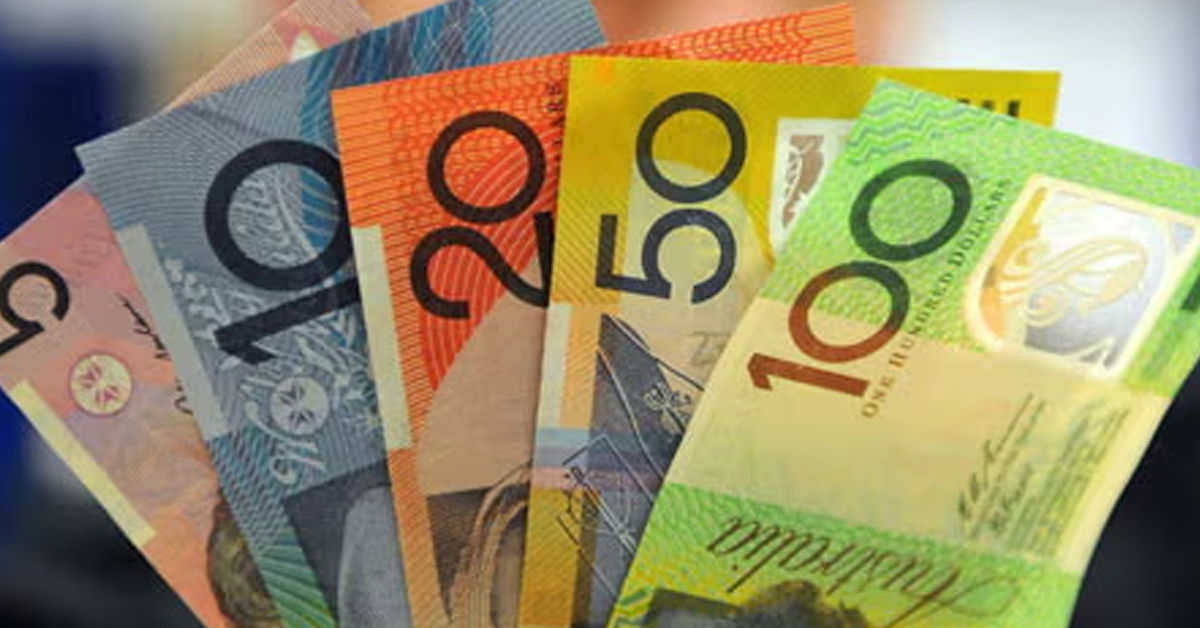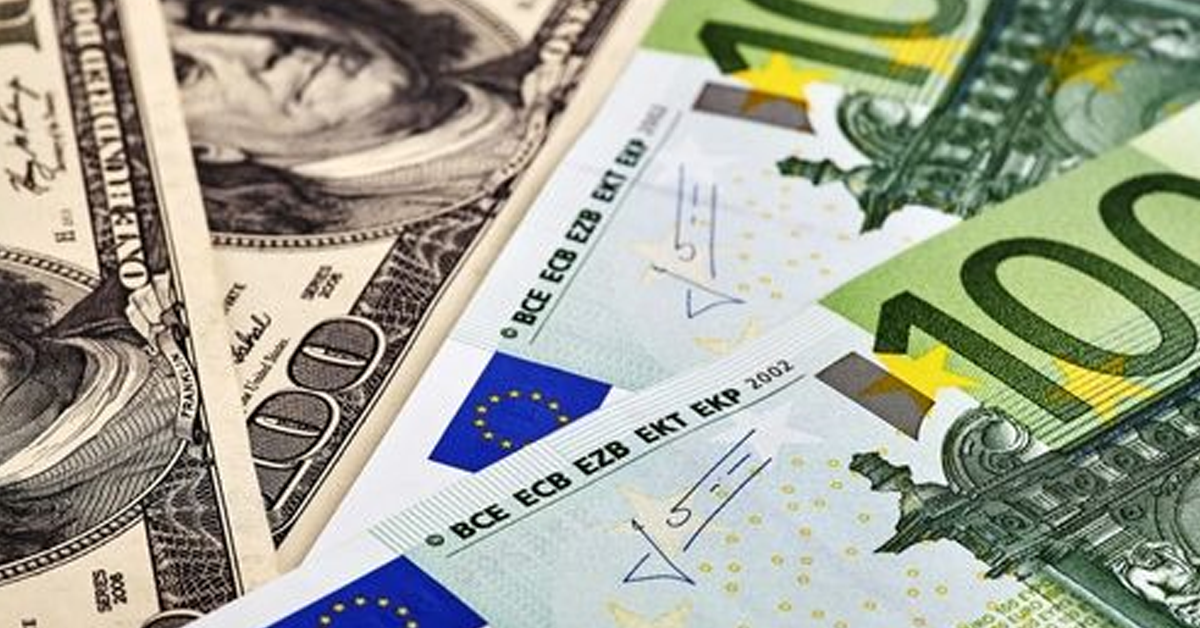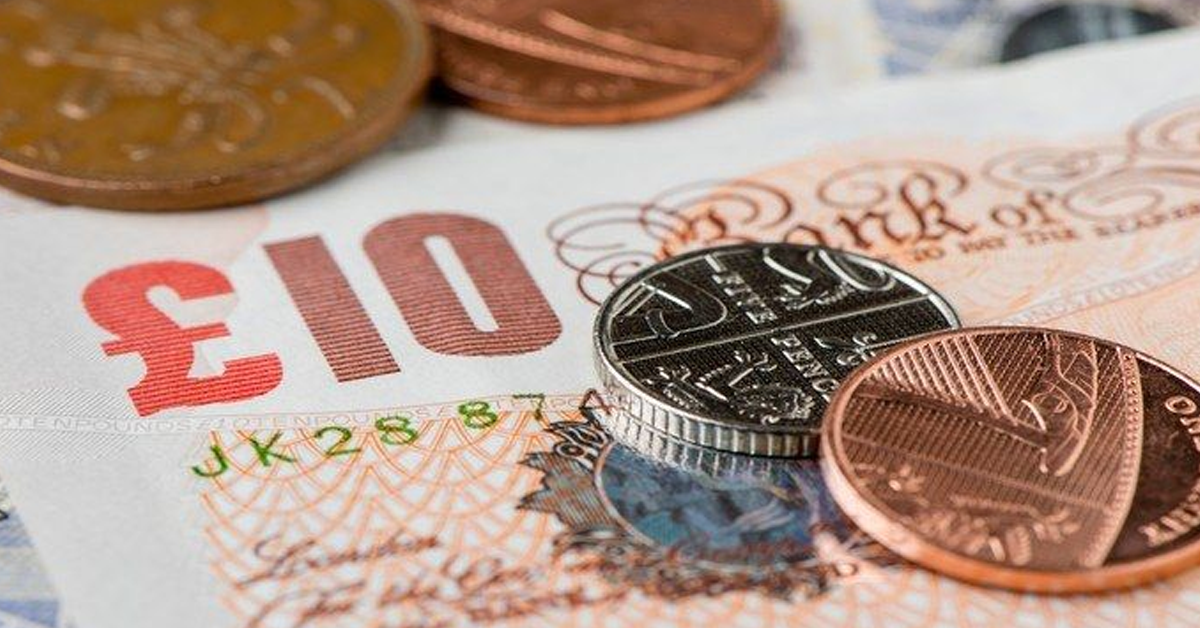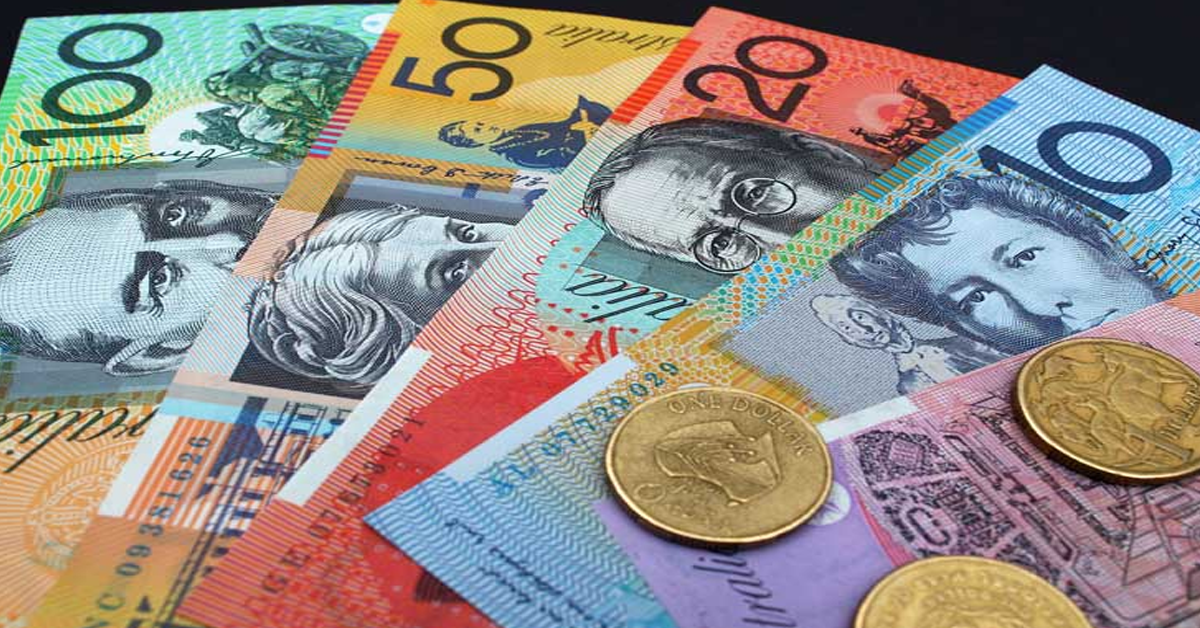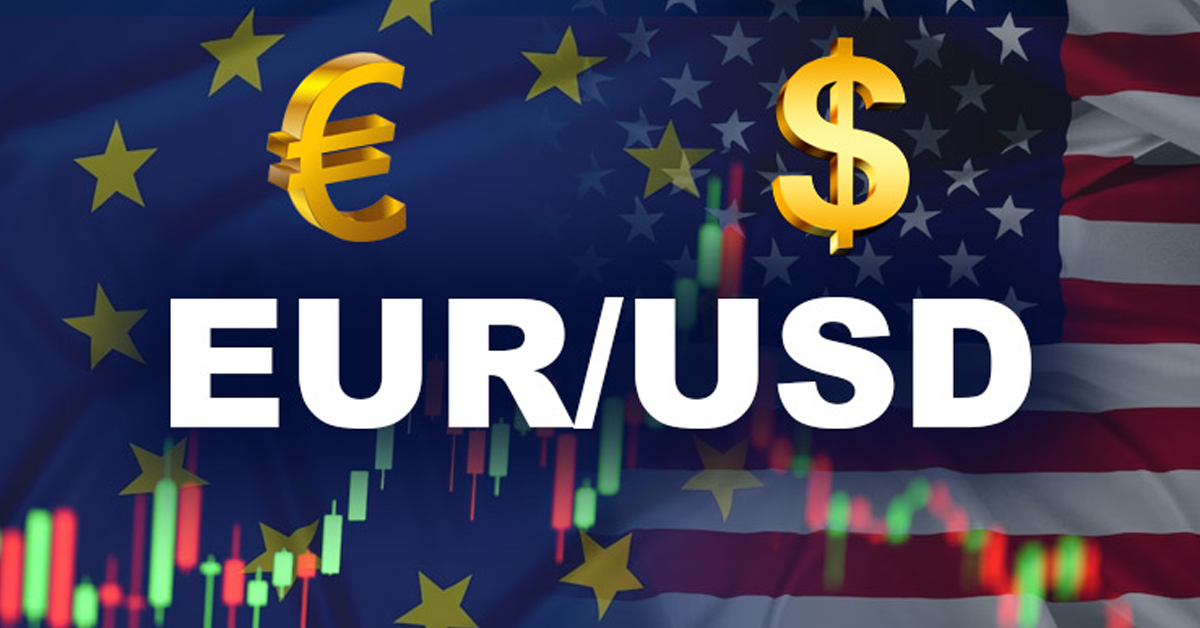Euro Rallies after ECB Raises Rates and Inflation Forecasts
It was mostly a good day for the global markets, except for Europe, which saw the European Central Bank (ECB) expectedly raise interest rates by 25bp, but unexpectedly raised inflation forecast, as well.
European policy makers now expect core inflation to average past the 5% mark, while in March projection this forecast was only at around 4.6%. This could sound a bit counterintuitive, because we have been seeing slower inflation and slower activity across the Eurozone countries, with the latest growth numbers even pointing at a mild recession. Yet the strength of the jobs market, and the stickiness of services and housing prices keep ECB officials alert and prepared for a further rate hike in July and maybe another one in September.
At the wake of the ECB meeting, the implied probability of a July hike jumped from 50% to 80%, sending the EURUSD rallying. The pair rallied well past its 50-DMA and hit 1.0950, and is up by more than 3% since the beginning of this month. The medium-term outlook remains bullish for the EURUSD due to divergence between a decidedly hawkish ECB, and exhausting Federal Reserve (Fed). The next bullish target stands at 1.12.
The US dollar sank below its 50-DMA, impacted by softening retail sales, rising jobless claims, slowing industrial production and perhaps by a broadly stronger euro following the ECB’s higher inflation forecasts, as well.
Elsewhere, rally in EURJPY gained momentum above the 150 mark, as the Bank of Japan (BoJ) decided to do nothing about its abnormally low interest rates today, which seem even more anomalous when you think that the rest of the major central banks are either hiking, or say they will hike. The dollar yen is back above the 140 mark, as traders see little reason to buy the yen when the BoJ outlook remains blurred. Note that some investors expected at least a wider YCC policy to 1% mark, but the BoJ didn’t even bother to make a change on that front.
Good news is, Japanese stocks benefit from softer yen and ample BoJ policy, and consolidate gains near 33-year highs. The overbought market conditions, and the idea that Japan will, one day in our lifetime, normalize rates could lead to some profit taking, but it’s also true that companies in geopolitically sensitive sectors like defense and semiconductors have been major drivers of the rally this year, and there is no reason for that appetite to change when the geopolitical landscape remains this tense.

